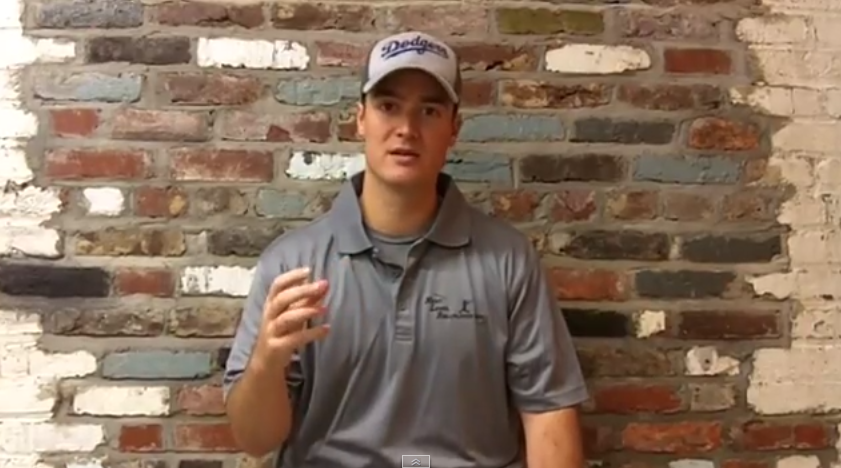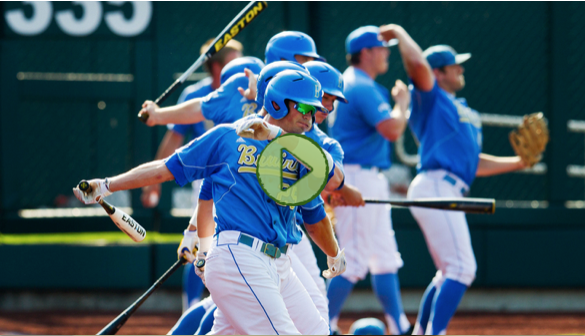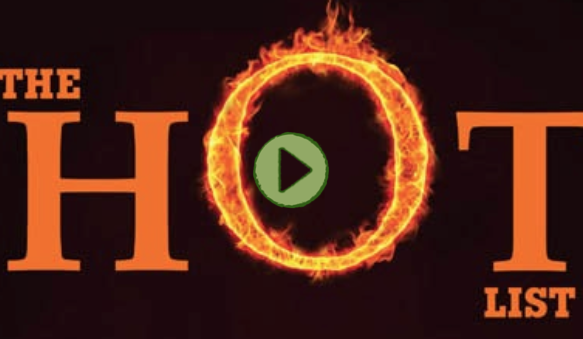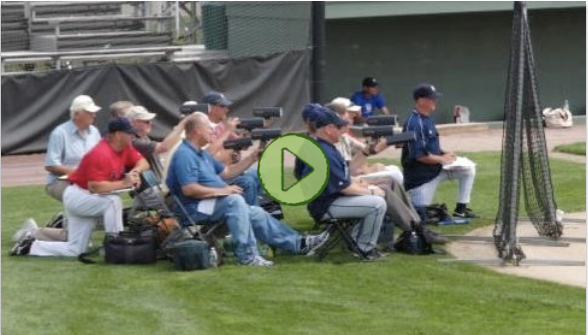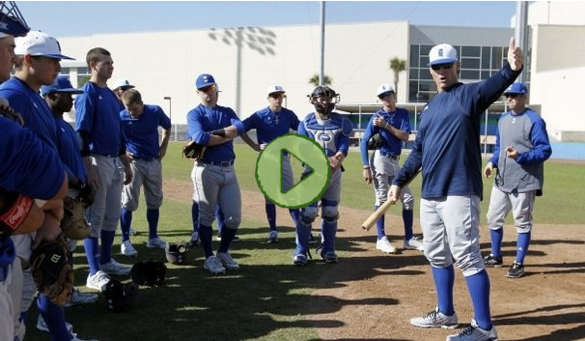What level of college baseball is right for you
This is step #3 in the 10 step BRC recruiting formula!
Are you good enough to play D1?
How do you stack up?

Average Pitcher Fast-Ball MPH
- Professional - 90-92
- Top 25 Division 1 School - 89-91
- Division 1 - 87 - 89
- Division 2 - 85-87
- NAIA - 85-86
- Division 3 - 83- 85
- High-School - 78-80

Catcher's Pop Time
- Professional - 1.8 - 1.98
- Division 1 - 2.0 - 2.1
- High-School - 2.2 - 2.25

Average 60 Yard Dash Time
- Professional (SS, 2B, OF) - 6.6 seconds
- Division 1 - 6.85 - 7.0
- Division 2 - 7.00 - 7.04
- NAIA - 7.02 - 7.05
- Division 3 - 7.15
BRC 10 Step Formula
Here are Seven Things You Can Do to Determine What Level of College Baseball is Right for You
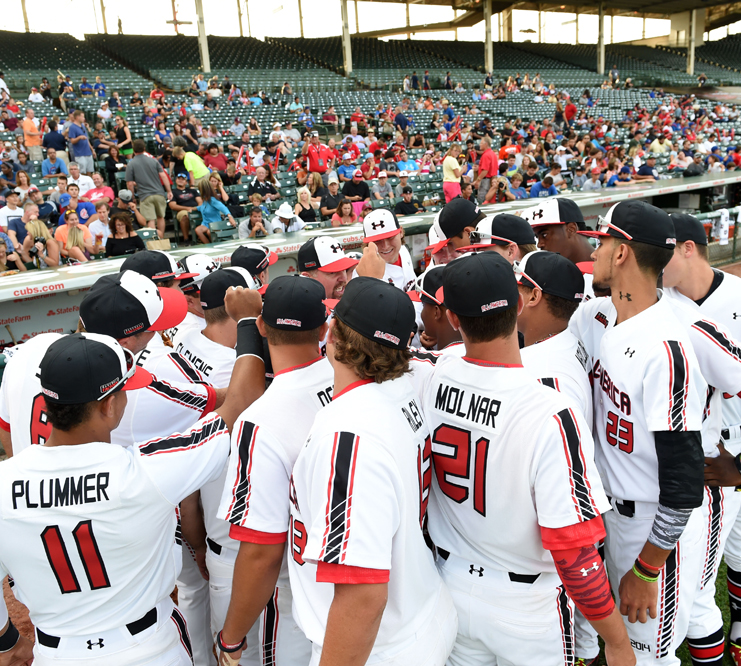
-
1
Ask Your Coaches
Chances are pretty good that your high school and summer league coaches have coached players that have gone on to play college ball. Ask them how you stack up and seek their honest assessment about what level of college baseball is realistic for you. If you have taken hitting or pitching lessons from a local professional who has been around the game, ask him too. The more input you receive, the better.
-
2
Go Watch a Local College Baseball Game
Judge for yourself. Get there early enough to see batting and infield practice. Watch the guys that play your position. Check out their arms, defense, base running, bat speed, and so on. Give yourself some grace when you compare yourself physically, as they have had a few key years to grow. Most everyone gets bigger and stronger playing college baseball.
-
3
Honestly Compare Your Tools
Have you played with guys in high school and summer ball that went on to play college ball? You were probably able to see them play first-hand. How did you stack up against them? If you are a pitcher, compare velocity, off speed, put-away pitch, and so forth. If you are a position player, compare arm strength, base running, and hitting ability.
-
4
Go to a college baseball camp
Pick a college baseball programs that you are interested in and attend one of their camps. Go out of your way to introduce yourself to the coaches. At the end, be sure to ask them for honest feedback of you as a player and what level they think fits your ability.
-
5
Send Out Your Skills Video
After selecting your "Hot List" of schools, send those coaches your skills video. Gauge their interest by their responses. Do not be afraid to ask for specific feedback, especially if a coach says he is not interested.
-
6
Compare Stats
Let me start by saying this – stats are overrated! They do not tell the whole story, and to an extent, they are beyond the player’s control. With that being said, in this situation, as long as this is only one slice of the pie, stats can be helpful in seeing how you stack up against other players in your league that have gone on to play college baseball.
-
7
Ask Yourself
Your input is important! Do you truly feel you can play at a specific level? Are you dedicated to working your hardest to make it happen? Are you willing to put in the hard work necessary to achieve your goal?

